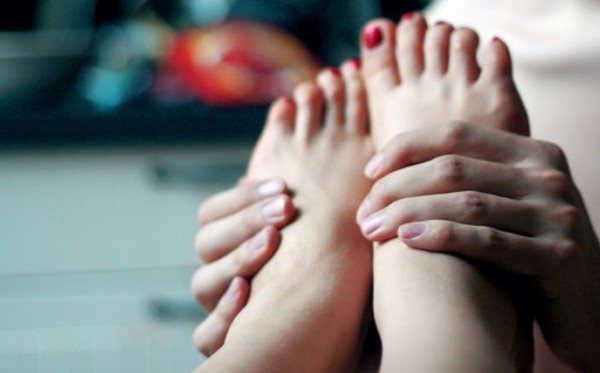Nearly half of all people with diabetes have some form of nerve damage or diabetic neuropathy. There are several ways that diabetes damages the nerves but they all seem to be related to elevated blood glucose levels for an extended period of time. There are four types of diabetic neuropathy, peripheral, autonomic, proximal, and focal.
- Peripheral neuropathy - the most common type of diabetic neuropathy. It causes pain or loss of feeling in the toes, feet, legs, hands, and arms. In most cases, early symptoms will become less when blood sugar is under control.
- Autonomic neuropathy - causes changes in digestion, bowel and bladder function, sexual response, and perspiration. It can also affect the nerves that serve the heart and control blood pressure, as well as the nerves in the lungs and eyes.
- Proximal neuropathy - causes pain in the thighs, hips, or backside. It can also cause weakness in the legs.
- Focal neuropathy - can appear suddenly and affect specific nerves, most often in the head, torso, or leg, causing muscle weakness or pain.
According to the American Diabetes Association, there are a few steps that can help prevent or delay nerve damage.
- Keep your blood glucose levels in your target range
- Use a blood glucose meter to help you make decisions about day-to-day care
- Report symptoms of diabetic neuropathy
- Early treatment is key; don’t wait to get your symptoms checked out
- Take good care of your feet, check them everyday for sores, blisters, cuts, corns, calluses, red areas, swelling, etc.
- Be careful exercising. Talk with a diabetes clinical exercise expert who can guide you.
Northeast Spine and Sports Medicine has a team of doctors and specialists who understand diabetic neuropathy. We offer a variety of treatment options including, MicroVas, electrodiagnostic medicine,interventional pain management, chiropractic, and acupuncture. We’ve been proudly serving patients in Ocean and Monmouth Counties. Contact us for an appointment to learn more about how we can help you ease symptoms associated with neuropathy.


